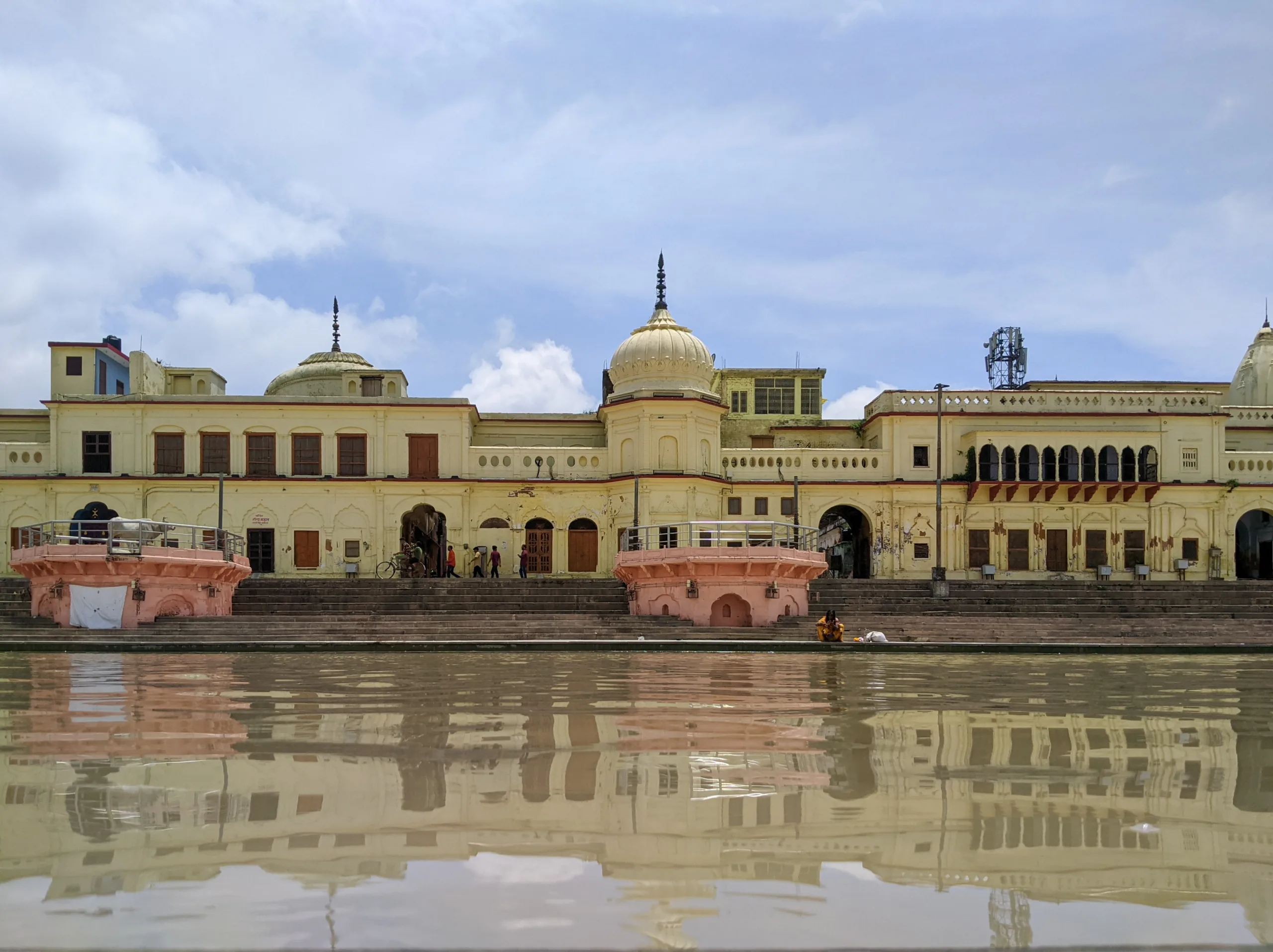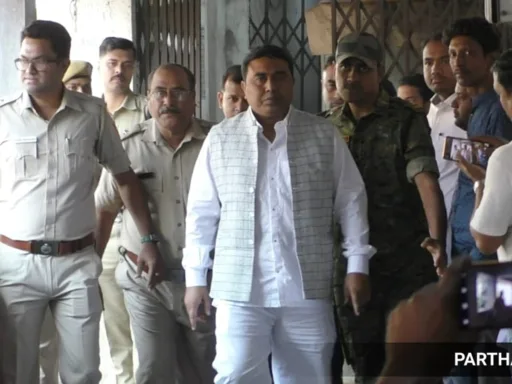Indian politics has been deeply intertwined with the Ayodhya Ram Mandir issue for decades. The construction of the Ram Mandir in Ayodhya has had a profound impact on the political landscape of India, shaping the narratives and agendas of various political parties.
The Ayodhya Ram Mandir issue dates back to the early 1990s when the Babri Masjid, a mosque built in the 16th century, was demolished by a group of Hindu activists who believed that the mosque was constructed on the birthplace of Lord Ram. This incident sparked widespread communal tensions and led to a series of political and legal battles.
Since then, the Ram Mandir issue has become a rallying point for various political parties, particularly those with a Hindu nationalist agenda. Parties such as the Bharatiya Janata Party (BJP) have used the Ayodhya Ram Mandir as a symbol of Hindu pride and identity, promising to construct the temple if voted to power. This has helped them mobilize their Hindu voter base and gain electoral support.
On the other hand, parties with a secular ideology have also been involved in the Ayodhya Ram Mandir issue, advocating for a peaceful resolution and emphasizing the need to uphold the principles of religious harmony and coexistence.
The Ayodhya Ram Mandir issue has not only influenced electoral politics but has also shaped public discourse and social dynamics in India. It has fueled religious tensions and polarized communities, leading to instances of violence and unrest.
Furthermore, the legal battles surrounding the Ayodhya Ram Mandir have been closely watched by the Indian judiciary and have raised questions about the secular fabric of the country. The Supreme Court’s verdict in November 2019, granting the disputed land to the Hindus for the construction of the Ram Mandir, further intensified the debates and discussions surrounding the issue.
In conclusion, the Ayodhya Ram Mandir issue has had a significant impact on Indian politics, influencing electoral strategies, shaping public opinion, and raising fundamental questions about the country’s secular ethos. It remains to be seen how this issue will continue to shape the political landscape of India in the years to come.






